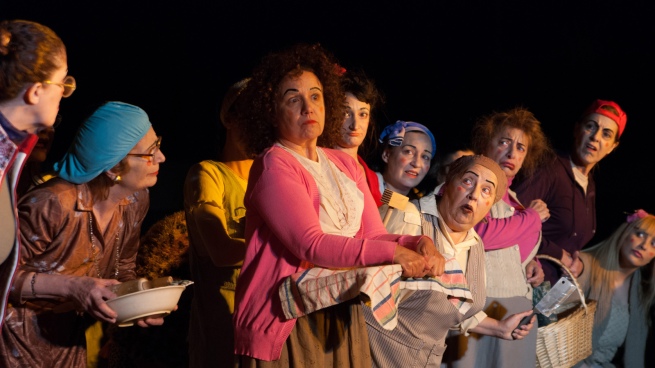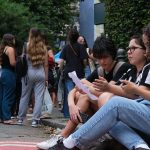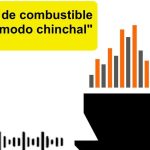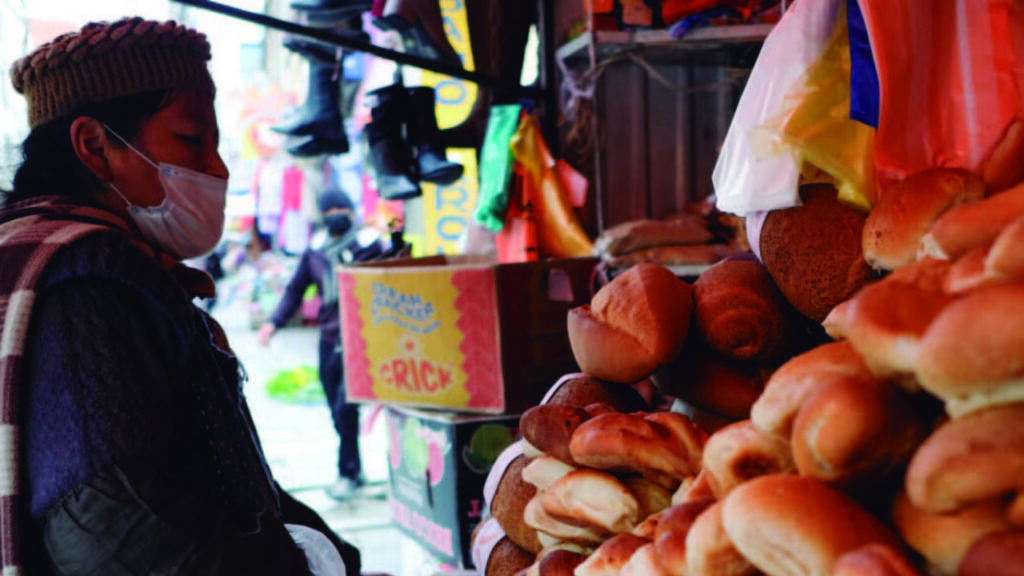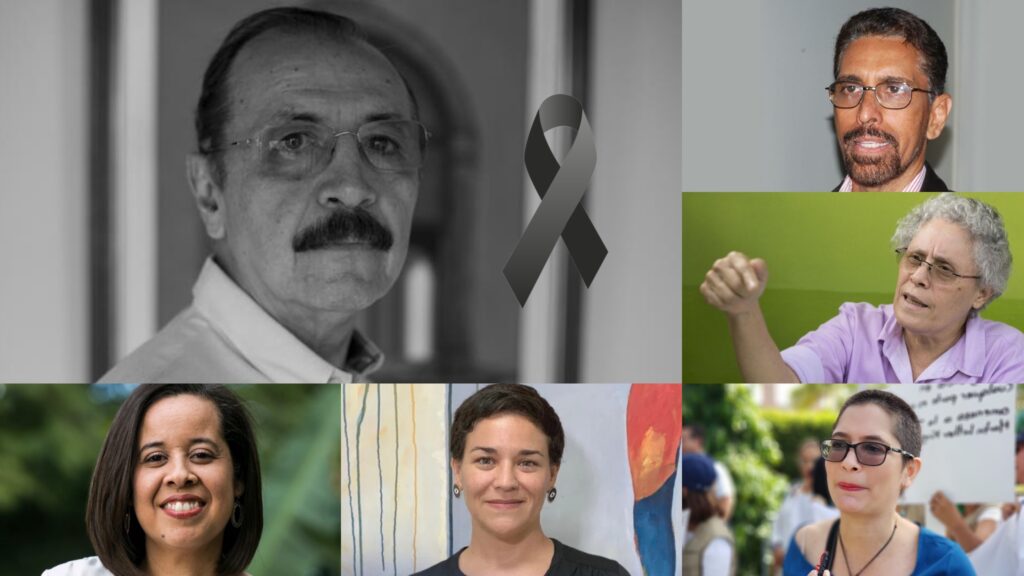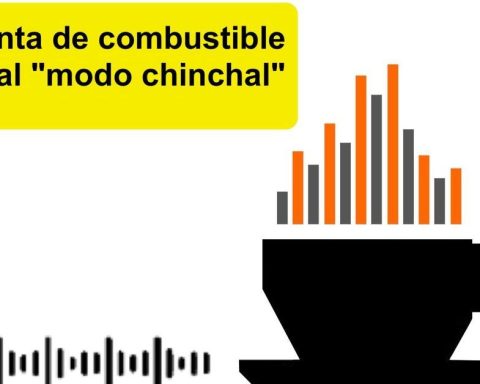The community theater group Matemurga brings to Portugal the unique neighborhood experience that boasts two decades of experience, presenting this Saturday and next Thursday in the cities of Faro and Porto, where it will bring together locals and more than thirty visitors to offer their show “Wounded neighborhood”.
The group directed by Edith Scher, playwright, singer and musician, becomes with this pair of performances the second Argentine cast of these characteristics to arrive in Europe -the previous one had been the Catalinas Sur Theater Group, which was presented in Barcelona in 2001-, which for the artist shows that “Argentine community theater is a world reference”.
“It is not by chance that many groups in Argentina have visits from students and researchers from other countries who travel to meet us, attend functions and write papers for universities. The Argentine community theater, from neighbors for neighbors, is also a management model in which many are interested”, Scher postulates in communication with Télam.
Edith is the author of the books “Teatro de neighbors. From the community to the community”, reissued in 2018 in Donostia, and “Matemurga 2002-2012”, which he wrote jointly with Liliana Palavecino, and in addition to his specific work in the Buenos Aires neighborhood of Villa Crespo, he gives community theater workshops throughout the country and at festivals in Portugal, Madrid, Rotterdam, Medellín and Las Tunas.
20 years imagining a better world put into action
Edith Scher, mentor and director of the community theater group Matemurga, believes that the result of this type of experience is that “if we want a better world, we have to be able to imagine it”.
“Matemurga gives us the possibility to generate our story, to build a fiction that expresses our view of the world, a view that is collective and territorial,” ponders Scher in dialogue with Télam.
Télam: How much impact has the pandemic had on such a collective and hand-to-hand activity like the one carried out by Matemurga?
Edith Scher: It had a huge impact. The pandemic struck at the heart of this practice because our reason for being has to do with bringing bodies together, with generating a plural subject. In community theater the fact that many people share the same space is central. And that was not possible, for obvious reasons, during the most difficult period of the pandemic. However, we survived. And I think we achieved it because there was a strong history built, because we had and still have a mystique that sustains us and allows us to grow. Even during the pandemic we grew. We create songs with arrangements for three voices that we record with phones and then mix, we create fiction through virtual platforms, we write a book. Our orchestra created productions joining the parts that each one recorded at home. The puppeteers too. The whole group created a virtual rock. It was one of the most wonderful things we accomplished. For a long time we held that space in which, like a varieté, we took turns singing, reading poetry, creating characters and sharing things that even today I can’t believe we were able to achieve in such a dark period.
T: What other celebrations will Matemurga face to celebrate two decades of activity?
EN: This year Matemurga will perform almost all the shows that he premiered, he will also do concerts with his community orchestra, La Orquesta del Mate, and will premiere the puppet show created by his group of community puppeteers, Los Títeres del Mate. The group is preparing an audiovisual version of its show “Falta el aire” and will also publish the book written by its members during the pandemic and will finish its album “Canciones en pandemic”. And, from now on, he will throw a big party to share the joy of celebrating two decades of dreams, creations, identity, memory, to ratify the strong conviction that art is a community right, a practice that empowers and builds a good living.
As a result of these training and exchange trips, Matemurga now begins the celebration of 20 years of progress in unprecedented performances on Portuguese soil.
“I was in Portugal in 2013 and in 2018 invited, on both occasions, by Hugo Cruz, current director of the MEXE Festival, in the city of Porto. The first time I directed many residents of Santa María da Feira as part of the Imaginarius Festival activities. The second time I traveled to Faro to give a workshop attended by residents of that city and also of Quarteira, both from the Algarve area”, recalls Scher.
However, these exchanges deepened based on what the trainer reports: “Miguel Martins Pessoa, who had seen, among other shows and groups, one from Matemurga, told me that he had just founded a community theater group in Quarteira where he later I went to give a workshop at the Teatro Das Figuras which then wanted to bring Matemurga and make a shared production”.
Despite the magnitude of the undertaking, the adventure of the neighborhood group – which brings together more than 80 people – generated four titles (“La caravana”, “Zumba la risa”, “Herido barrio” and “Falta el aire”), since 2015 hosts La Orquesta del Mate, which is directed by Yamila Bavio and offers training workshops, and a year later it added a group of puppeteers under the command of Sergio Ponce-, it was able to materialize and not even the impasse generated by the pandemic stopped it.
Interview
Télam: Can this trip be considered a gift for the group’s 20 years of activity?
Edith Scher: This trip is almost an epic. It is the fruit of an enormous effort, of our constant commitment to excess, to dreams. It is, without a doubt, a gift, but a gift for which we had to work very hard. The tickets were paid for by us (most of it was free), although in Faro all the accommodation and food are covered by the Municipal Chamber and the artistic production is in the hands of the JAT Collective, Janela Aberta Theater, and in Oporto the entire production is in the hands of MEXE Associação Cultural. The greatest gift is the realization of the project, the verification, once again, that together we can achieve what would be impossible alone.
T: What other milestones do you recognize on this path to Matemurga?
IT IS: Matemurga did not begin his path in Villa Crespo. It was for three and a half years a group without neighborhood anchorage, born from a proposal I made in 2002 to the radio program “Mate Amargo”, in which I was a theater columnist, to summon its listeners to be part of a theatrical clown Time and belonging to the National Network of Community Theater made us see that the territorial issue was central to growth and that is why at the beginning of 2006 we began to put down roots in Villa Crespo, a neighborhood that until then had not had a group of these characteristics. . From our birth until today we have had several milestones: of course, the premieres of the shows, but also the recorded discs, the trips to the community theater meetings, the performances for human rights organizations, the fact of having participated with some sung scenes when the ashes of Azucena Villaflor, and many others, were buried in Plaza de Mayo.

T: How would you define the present of Argentine community theater and how does Matemurga fit into it?
IT IS: I think it is a very prolific present and in permanent expansion. Many years ago there were only the Catalinas Sur Theater Group and the Barracas Cultural Circuit. From a clear decision of the directors of those experiences to expand this practice and to inspire others, many more groups were born and, almost immediately, the National Network was born, which from its origin promoted the strong union that the more than 40 groups have existing. Beyond the different aesthetic choices, there is permanent support and a space for consultation and fellowship. That is something of incalculable value. In relation to the artistic issue, I think it is healthy for each group to follow the paths that they consider best or those that most express it. Matemurga is a core part of the construction of this network and, precisely, expanding it to other parts of the world is one of the important reasons for this trip to Portugal. I believe that community theater, when it trusts that art is something more than a tool to transmit content, and relies on the strength of community fiction creation, constitutes one of the most transformative experiences that exist. At Matemurga we believe that artistic practice broadens the human horizon.
T: In what other countries is there a scene for community theater?
IT IS: There are many experiences of community theater in Latin America (there is the Latin American Community Theater Network), although not all of them have characteristics such as the large number of members, the mixture of generations, the permanence over time. There are also experiences in some European countries and there are probably others that we are not aware of.
